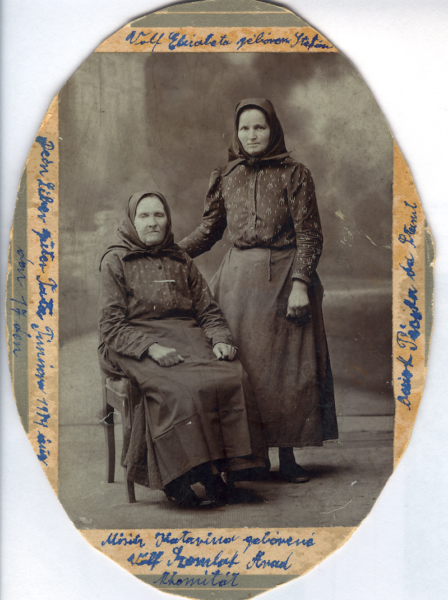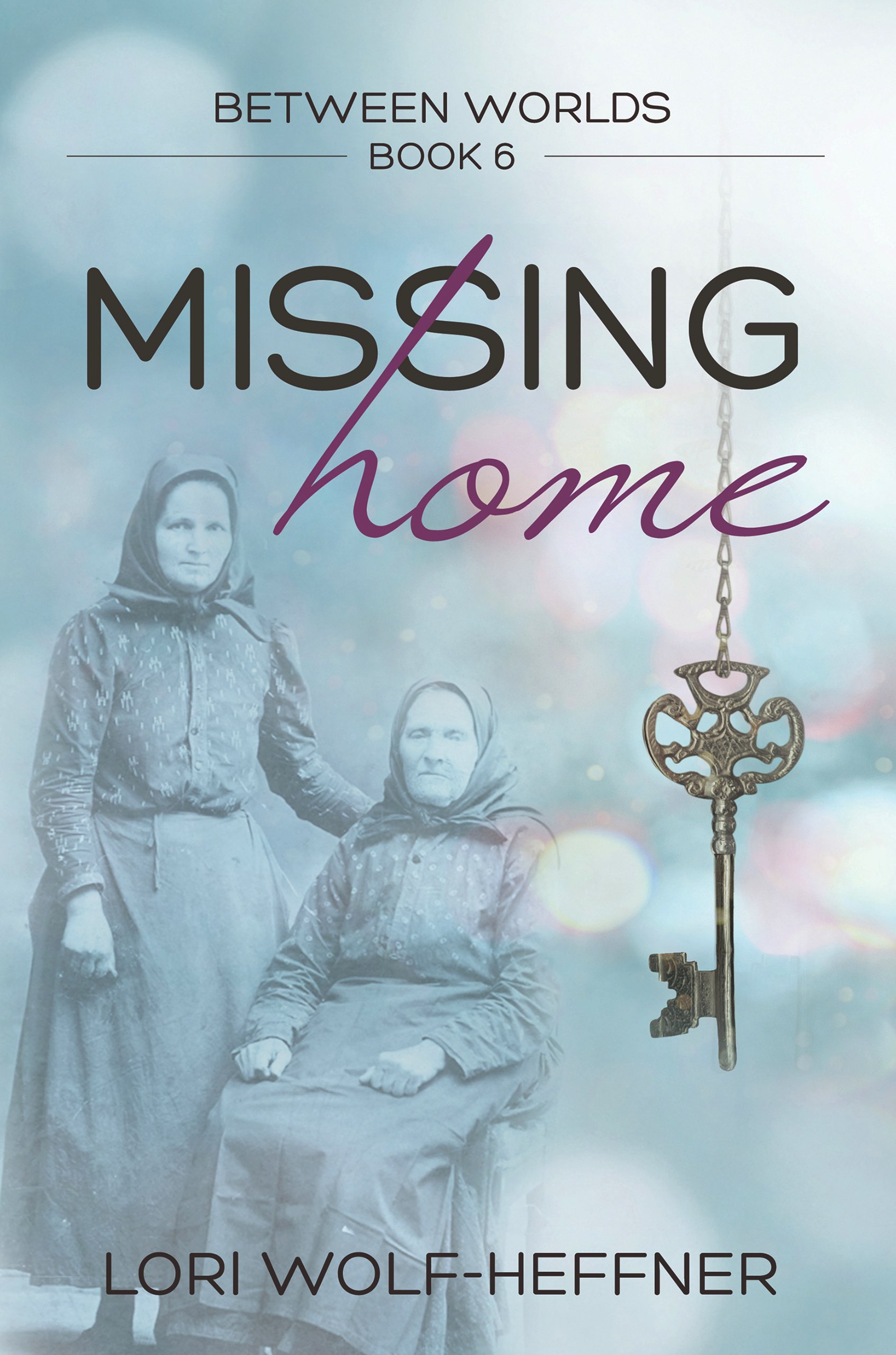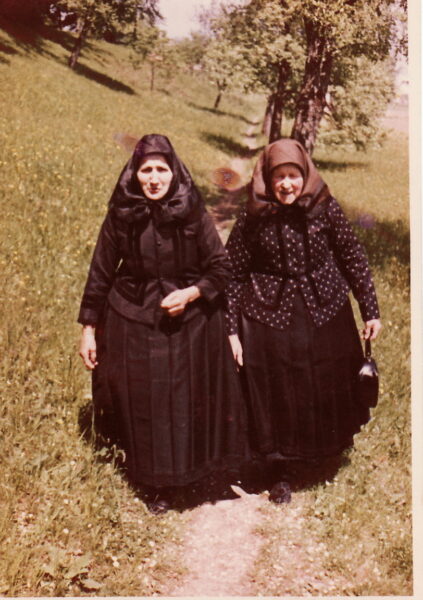
“Books with strong women” receives an estimated 350 search a month in the Amazon US store. “Stories about strong women” currently returns an estimated 1,200 searches a month. The same with “strong women characters fiction.” But what is a strong woman? Because if there are strong women, there must be weak women, right?
What I Used to Think “Strong Woman” Meant
My childhood was marked by 80s Feminism, which carried over into the 90s. In those days, women appeared to try to be like men:
- shoulder pads that altered the look of a woman’s body
- statistics that compared the economic worth of a woman’s household work to a man’s employment
- women with the same strength as men (generally in the superhero/comic book genre)
- TV shows that placed women in traditionally men’s roles:
- Angela Bauer as a marketing executive with a male housekeeper
- She-Ra, rebel fighter against the Horde, whose voice deepened when she transformed from Princess Adora (cute name) to She-Ra
- Claire Huxtable, a lawyer
- Katherine Janeway, captain of the starship Voyager
I’m sure you could add many more to that list. And women need to continue pressing into roles that are traditionally male, such as in construction, automotive, and software development.
However, there’s pushing into careers and roles that are traditionally done by men, and there’s trying to “act like a man.” Although related, they are different.
What a Strong Woman Might Mean Today
Trying to settle on a definition of what makes a woman strong presented a host of problems for me. Was it simply women who fought against the grain? But how does that apply to women who choose to run a household and raise the kids, which are traditionally female roles?

Do strong women have a high amount of self-confidence? Then what about the women dealing with abuse and unable to find a way out of their situation?
Do strong women have ample muscle mass, a physical sign of strength? Maybe. But how does that apply to women who genetically don’t produce a lot of muscle, who may be disabled, or who simply hate lifting weights?
Do strong women shout from the rooftops to stand up for themselves? Some absolutely do. Others build their resistance to inequality quietly. (Of course, some people will argue that the latter group is more “ladylike” than the former. Don’t get me started on that! It’s a topic for a different time.)
The only conclusion I can come to at this point in my life is that “strong woman” means a woman who decides for herself. She will likely pull in opinions from others to help her gain a broader perspective of whatever she’s trying to solve, but she will come to that decision on her own.
Strong Women in Books
This is why all my female protagonists are strong women:

- 14-year-old Juliana Roth from Between Worlds does her best to cope with a move halfway across Canada. Over time, she learns how to take control of her own destiny despite the changes happening to her.
- 14-year-old Elisabeth, a teen in the aftermath of World War I, wishes to choose her husband for herself (against the will of her family), and learns that what we today call mental illness is not a punishment from God.
- 40-something Pauline, a weightlifter, jogger, gymnast, and professional sports mascot, has no problems entertaining thousands—even millions—while in costume, but at the beginning of Tea Shop for Two, she goes silent when she has to address a few dozen tea lovers as herself.
- 40-something Tracy, best friends with Pauline, tries to balance the seismic changes in her family while parenting her disabled teen.
- Claire, whom we follow from when she opens her own business in the 1960s in her 20s, to her 70s, when she retires, has survived spousal abuse and discrimination, but also raised her family while running her business.
Writing About Strong Women in Books
As I write my novels, I try to avoid creating strong women in the image of men. Instead, I put them into situations that call on them to trust their truth and rise to the occasion. Sometimes this involves gender-bending, as with Pauline. Other times, it involves women in traditionally female roles as mothers pushing the world to accept them as they are while they raise their family, like Claire.
Books with strong women shouldn’t relegate themselves to a single definition: a woman with male qualities who fights. We can most definitely include this woman in our arsenal of strong women, but we can’t forget the women who move quietly through life at their own pace, doing their best to do what’s right.


